Refine listing
Actions for selected content:
1295047 results in Books

Climate Change Litigation in Europe
- Regional, Comparative and Sectoral Perspectives
-
- Published by:
- Intersentia
- Published online:
- 05 September 2025
- Print publication:
- 16 January 2024

Forcible Protection of Civilians
- The International Legal Framework for Peace Operations
-
- Published by:
- Intersentia
- Published online:
- 05 September 2025
- Print publication:
- 17 December 2024

Occidentalism, Conspiracy and Taboo
- Collected Essays on Islam and Politics
-
- Published by:
- Gerlach Press
- Published online:
- 05 September 2025
- Print publication:
- 15 January 2019

Kuwait's Politics before Independence
- The Role of the Balancing Powers
-
- Published by:
- Gerlach Press
- Published online:
- 05 September 2025
- Print publication:
- 15 September 2019

The Arab Spring
- Ten Years On
-
- Published by:
- Gerlach Press
- Published online:
- 05 September 2025
- Print publication:
- 30 June 2022

Grand Strategy in the Contemporary Middle East
- The Concepts and Debates
-
- Published by:
- Gerlach Press
- Published online:
- 05 September 2025
- Print publication:
- 31 December 2021
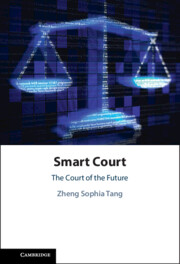
Smart Court
- The Court of the Future
-
- Published online:
- 05 September 2025
- Print publication:
- 25 September 2025
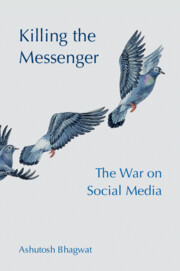
Killing the Messenger
- The War on Social Media
-
- Published online:
- 05 September 2025
- Print publication:
- 25 September 2025
-
- Book
-
- You have access
- Open access
- Export citation

Iranian/Persianate Subalterns in the Safavid Period
- Their Role and Depiction: Recovering 'Lost Voices'
-
- Published by:
- Gerlach Press
- Published online:
- 05 September 2025
- Print publication:
- 30 June 2022

Contractual Rights and Liabilities in Circular Business Models
- A Study of Consumer Protection in Product-as-a-Service Contracts
-
- Published by:
- Intersentia
- Published online:
- 05 September 2025
- Print publication:
- 27 July 2025

The Making of Religious Texts in Islam
- The Fragment and the Whole
-
- Published by:
- Gerlach Press
- Published online:
- 05 September 2025
- Print publication:
- 31 July 2019

Applying Corpus Linguistics to Illness and Healthcare
-
- Published online:
- 05 September 2025
- Print publication:
- 25 September 2025
-
- Book
-
- You have access
- Open access
- Export citation

Islamic Legal Principles and Intellectual Property Rights in the Gulf States
-
- Published by:
- Gerlach Press
- Published online:
- 05 September 2025
- Print publication:
- 31 January 2023

European Contract Law in a Changed Banking and Financial Architecture
- Stability Design, the Common Good and Private Party Participation
-
- Published by:
- Intersentia
- Published online:
- 05 September 2025
- Print publication:
- 23 October 2024
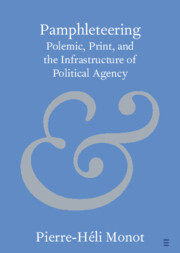
Pamphleteering
- Polemic, Print, and the Infrastructure of Political Agency
-
- Published online:
- 05 September 2025
- Print publication:
- 02 October 2025
-
- Element
-
- You have access
- Open access
- HTML
- Export citation

Pouring Water on Time
- A Bilingual Topical Anthology of Classical Arabic Poetry
-
- Published by:
- Gerlach Press
- Published online:
- 04 September 2025
- Print publication:
- 30 July 2016

Global Environmental Politics
- Problems, Policy, and Practice
-
- Published online:
- 04 September 2025
- Print publication:
- 18 September 2025
-
- Textbook
- Export citation
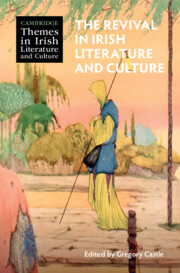
The Revival in Irish Literature and Culture
-
- Published online:
- 04 September 2025
- Print publication:
- 18 September 2025
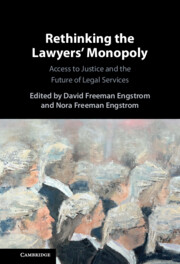
Rethinking the Lawyers' Monopoly
- Access to Justice and the Future of Legal Services
-
- Published online:
- 04 September 2025
- Print publication:
- 18 September 2025
-
- Book
-
- You have access
- Open access
- Export citation
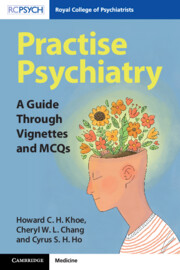
Practise Psychiatry
- A Guide Through Vignettes and MCQs
-
- Published online:
- 04 September 2025
- Print publication:
- 18 September 2025
